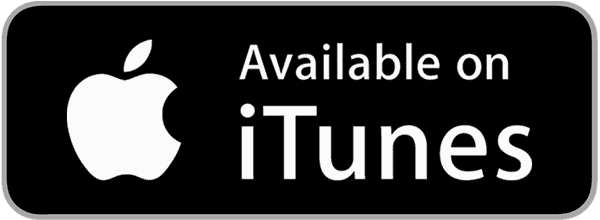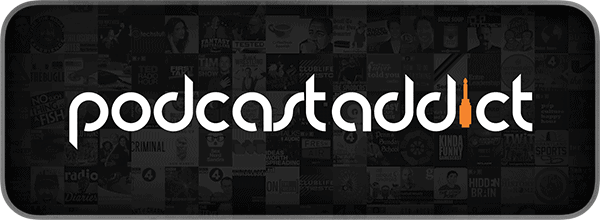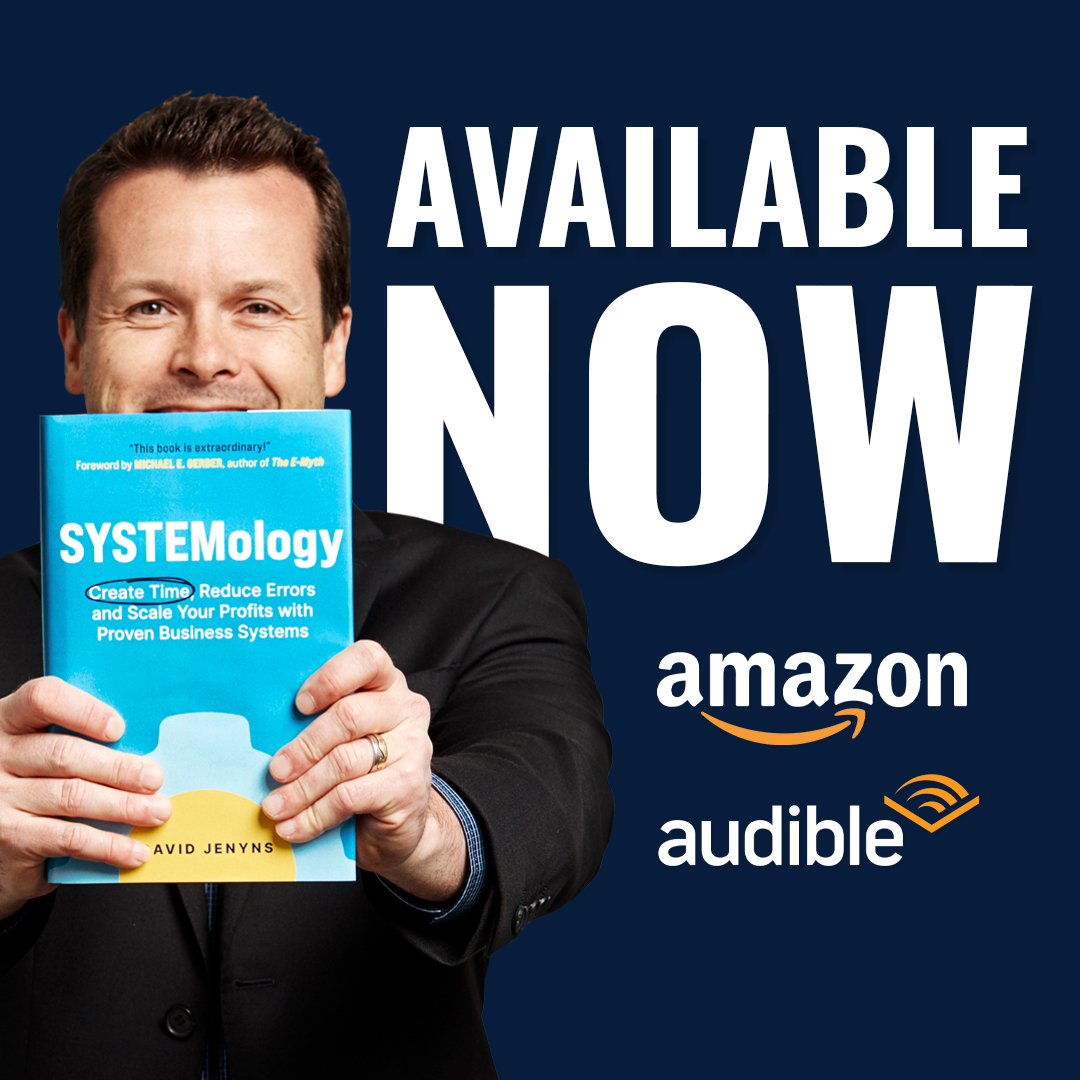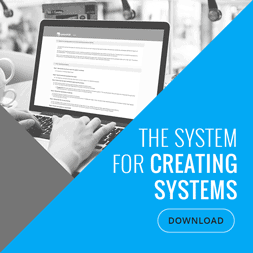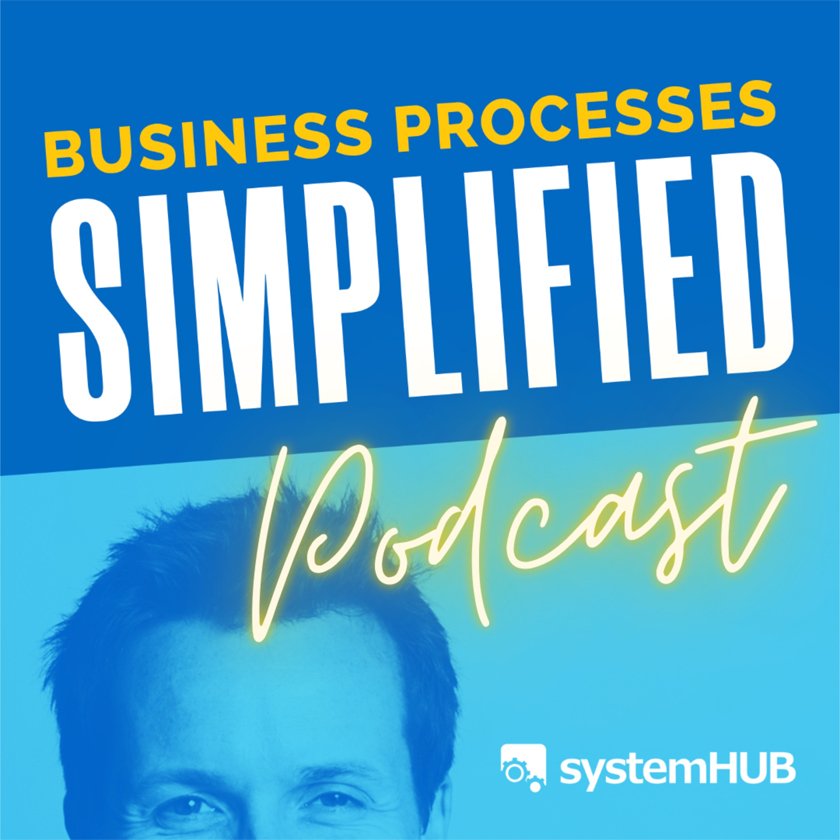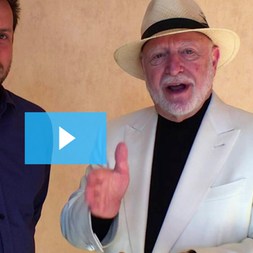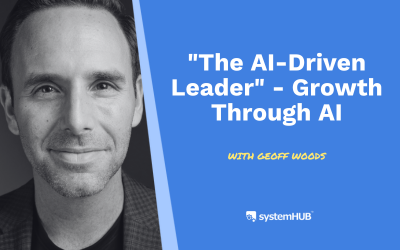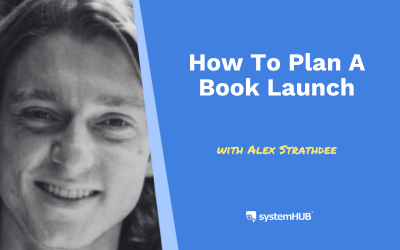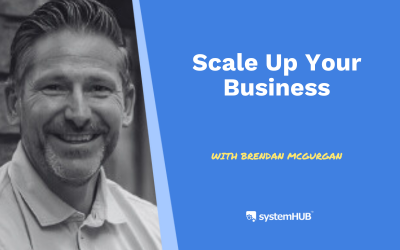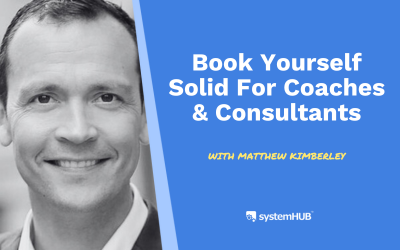Today’s Guest, Amos Schwartzfarb
Amos Schwartzfarb is a seasoned entrepreneur with over 25 years of experience in growing and investing in businesses. As a managing director at Techstars in Austin, he’s helped numerous companies thrive and exit successfully, including sales to major corporations like Yahoo and Home Depot. Amos is also the author of “Sell More Faster” and co-author of “Levers,” where he shares practical frameworks for business growth.
Interview Takeaways:
1. Framework for Repeatability
Amos introduces the concept of business repeatability, focusing on creating predictable outcomes through defined frameworks. This involves understanding which levers to pull and the impact they have at different business stages.
2. Importance of Systems Thinking
Despite not identifying as a systems thinker initially, Amos emphasizes the value of simplifying complex business processes into understandable systems to enhance execution and outcomes.
3. Key Frameworks Discussed
Amos covered six interconnected frameworks, with the Cultural Mission Stage framework serving as the foundation. From there, the W3 Framework helps businesses identify who their customer is, what they’re buying, and why it’s important. This flows into the Revenue Formula framework for understanding business model mechanics, followed by the Validating Assumptions framework to test key business hypotheses. The KPI Framework then helps measure progress, culminating in the Financial Model as Operating Plan framework that ties everything together into actionable steps.
4. Cultural and Change Management
Successful implementation of these frameworks requires alignment from the top-down, ensuring that all team members understand and contribute to the business’s core mission and values.
5. Challenges and Adaptations
Integrating levers into existing businesses can be challenging, especially with legacy behaviors. Amos discusses strategies for managing change and aligning teams with new business processes.
6. Future of Levers and AI Integration
Amos hints at the potential for AI to streamline the application of these frameworks, suggesting that AI could assist in data collection and initial framework setup, enhancing efficiency and accuracy.
7. Continuous Learning and Adaptation
Amos emphasizes the importance of refining frameworks over time, based on real-world outcomes and feedback from companies that have used them. He suggests simplifying the frameworks to enhance usability for business leaders new to these concepts. The adaptability of these frameworks is crucial to maintaining their relevance and effectiveness in dynamic market conditions.
Thank you for listening!
Thanks for joining us for this episode. Do you have any questions or feedback you'd like to share? We'd love to hear it! Let us know in the comments section below.
If you enjoy listening to this podcast, please share it on Facebook and leave an honest review on iTunes. We'd love to know what you think.
Remember - the next system we share could be just the one you been looking for, so subscribe on iTunes so you can get the latest episodes as soon as they’re published.
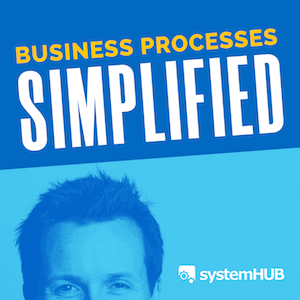
About The Show
Business Processes Simplified
We interview industry experts and have them share their best small business systems and processes. This is the quickest, easiest and most efficient way to build a systems centered business.
